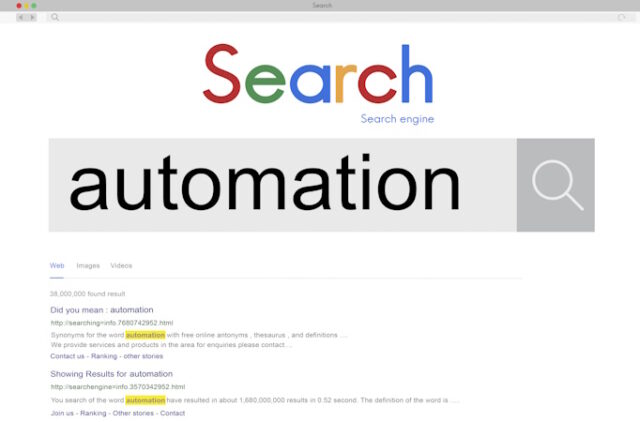
Online education company Chegg filed a lawsuit on February 24th against Google claiming that the company’s AI-generated summaries of search results have hurt its traffic and revenue, Reuters reports. It’s believed to be the first antitrust lawsuit filed by a single company over the AI Overviews feature, Reuters says.
Chegg claims Google uses its power as a monopoly to coerce companies into using their content for AI Overviews, “reaping the financial benefits of Chegg’s content without having to spend a dime,” CEO Nathan Schultz says in prepared remarks for investors. Chegg, which offers textbook rentals and homework help, is now considering getting acquired and going private as a result.
“Our lawsuit is about more than Chegg – it’s about the digital publishing industry, the future of internet search, and about students losing access to quality, step-by-step learning in favor of low-quality, unverified AI summaries,” Schultz says.
“Every day, Google sends billions of clicks to sites across the web, and AI Overviews send traffic to a greater diversity of sites,” says Google spokesperson Jose Castaneda in a statement to Reuters.
The lawsuit comes as a number of media outlets have expressed concern over how Google’s AI summaries have impacted traffic. Last year, the News/Media Alliance — an organization that represents over 2,000 news publishers — published a press release saying its impact will be “catastrophic.”
Disclaimer
Artificial Intelligence Disclosure & Legal Disclaimer
AI Content Policy.
To provide our readers with timely and comprehensive coverage, South Florida Reporter uses artificial intelligence (AI) to assist in producing certain articles and visual content.
Articles: AI may be used to assist in research, structural drafting, or data analysis. All AI-assisted text is reviewed and edited by our team to ensure accuracy and adherence to our editorial standards.
Images: Any imagery generated or significantly altered by AI is clearly marked with a disclaimer or watermark to distinguish it from traditional photography or editorial illustrations.
General Disclaimer
The information contained in South Florida Reporter is for general information purposes only.
South Florida Reporter assumes no responsibility for errors or omissions in the contents of the Service. In no event shall South Florida Reporter be liable for any special, direct, indirect, consequential, or incidental damages or any damages whatsoever, whether in an action of contract, negligence or other tort, arising out of or in connection with the use of the Service or the contents of the Service.
The Company reserves the right to make additions, deletions, or modifications to the contents of the Service at any time without prior notice. The Company does not warrant that the Service is free of viruses or other harmful components.












